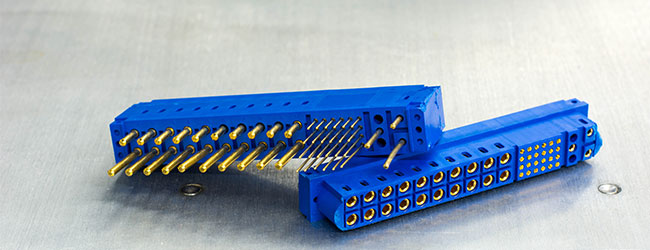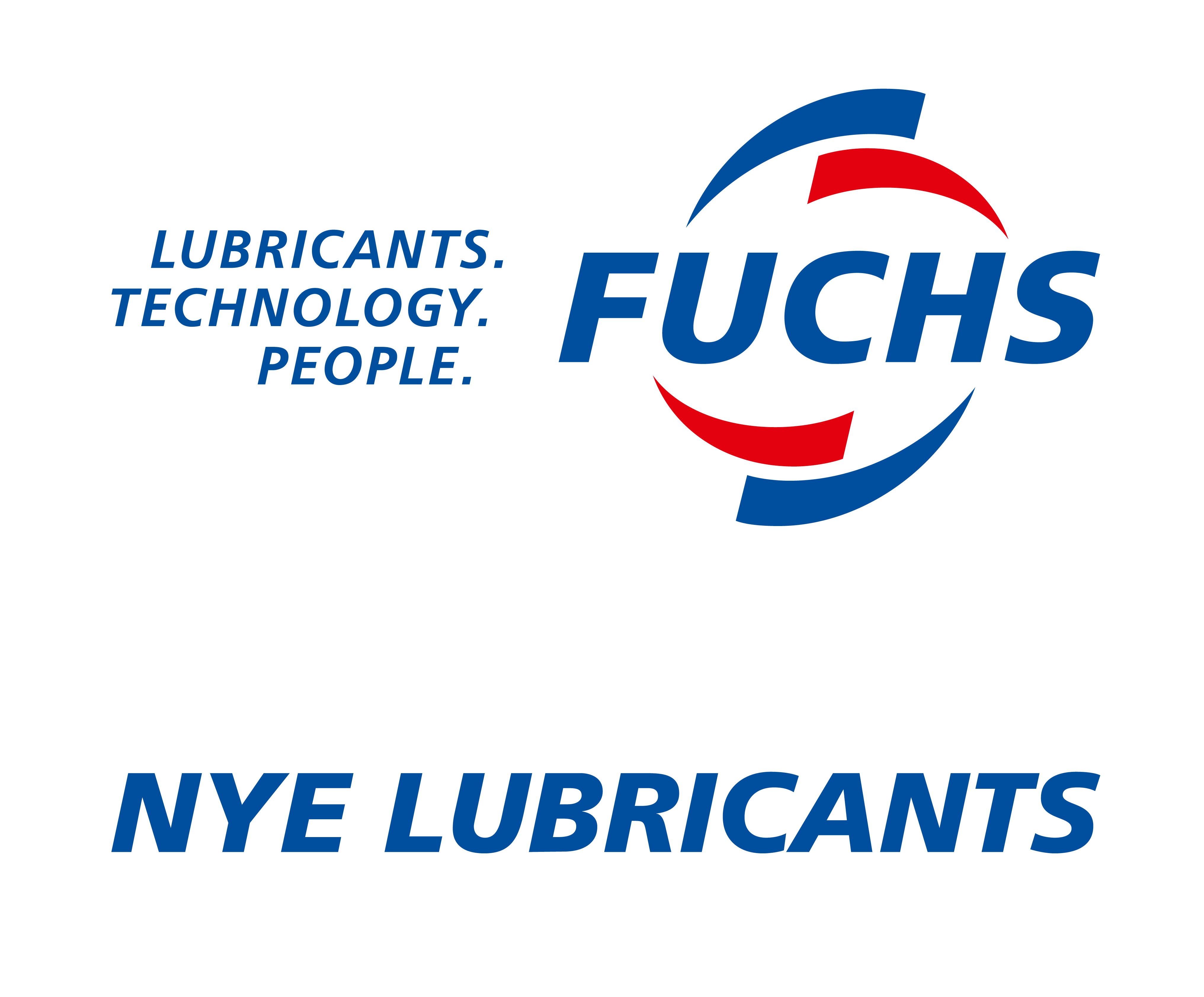Lubricant Solution for Electrical Connectors
We are pleased to introduce our new grease Rheotemp™ 768G for use in connector applications. Rheotemp ™ 768G is a polyurea thickened, medium viscosity, synthetic hydrocarbon grease fortified with a copper passivator and UV tracer for use in electrical contacts. 768G (operating temperature range of -40°C to 175°C) was designed to meet the insertion force and resistance requirements of SAE/USCAR-2, revision 6, the performance standard for automotive electrical connection systems.

A unique blend of alkylated naphthalene (AN) and PAO base oils boosts the lubricant’s heat tolerance while maintaining its superior wear protection. The blended oils are also compatible with most connector materials. The morphology of polyurea molecules in the thickener allows them to easily slip and slide across each other — to increase the lubricity of Rheotemp™ 768G. Polyurea also does not burnish into contacts, a problem sometimes reported with PTFE that can increase electrical resistance.
Rheotemp™ 768G prevents wear, environmental corrosion, fretting and resists water washout. 768G withstands higher temperatures at a cost well below silicones and perfluoropolyethers (PFPEs). In addition, Rheotemp 768G significantly reduces insertion force, which helps ensure a secure connection and lessens the likelihood of repetitive stress injuries among assembly workers.
| Product | Chemistry | Temperature Range |
Kinematic Viscosity @100°C |
Oil Separation |
Evaporation |
|---|
Rheotemp™ 768G has been fully validated through a testing protocol jointly developed by USCAR (The United States Council for Automotive Research, LLC); North American automotive OEMs including GM, Ford, and Chrysler; and major Automotive Connector Suppliers - Delphi, TE Connectivity, and Yazaki.
Rheotemp™ 768G is a direct replacement for Rheotemp™ 761G. Due to the discontinuance of a key component in the Rheotemp ® 761G formulation, Nye Lubricants can no longer continue its manufacture. As a result, significant time and effort has gone into the development of 768G, which now meets, and exceeds, the performance of 761G.
Want to learn more? Contact Us or Request a Quote.


